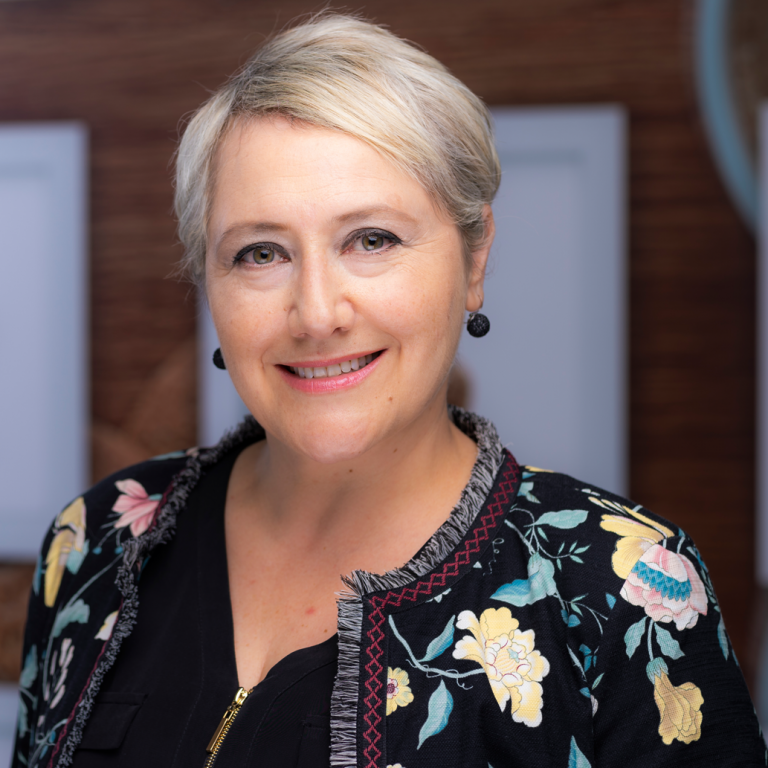In these times of uncertainty, familiarity is a powerful feeling and a comforting reminder. Much-loved brands represent consistency and reliability – when all else is volatile and imbalanced – and provide a link between the past and hopes for a future, beyond this world crisis. pladis is a global manufacturer of such consumer brands, some of which have served and survived a previous pandemic, a global depression and two world wars.







